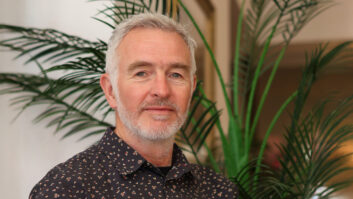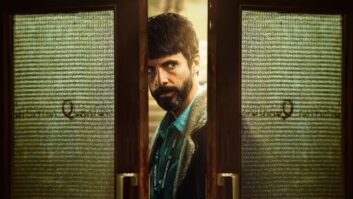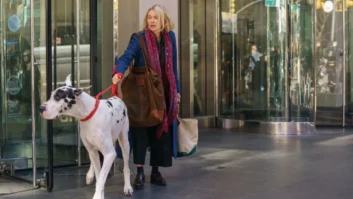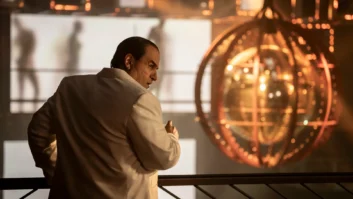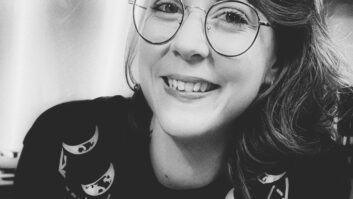Christopher Chow, editor, Loop Talent
Talk us through an average day in your role
On my current show, series 4 of Bad Education, my brilliant assistant Janka Troeber is working at the post house in Soho while I remote in from home. I usually start each day with a quick catch up with her via Whatsapp or we do a longer weekly video call on Mondays.
During the shooting stage, I like to start with shorter easier scenes in the morning before I tackle longer more complex scenes, it helps with getting my brain up to speed. If the scene is under a page and half, I’d cut up the dialogues and string them up in a sequence. If the scene is more than two pages, I organise the clips in Scriptsync. I’m handling that myself at the moment while Janka is still learning and practicing ScriptSync whenever she can find some downtime.
I know some editors like to watch all the dailies first but I prefer to scrub through the selects first to get an idea how the scene is blocked and get a sense of how it’s intended to be cut, and then I just start cutting from the start of the scene. Sometimes it feels very organic how the shots come together in the edit and sometimes there’s a chance to do something less obvious but more interesting and I’d try to make that work first because I think these surprises help to elevate the scenes. If that works, I’ll adjust the rest of the scene around it. It’s always fun to challenge myself and try make the scene work better than it was intended.
Throughout the day Janka will help me source sound effects and music. On Friday I would spend few hours putting that week’s assemblies together, do the final touches with the sound effects and audio level before sending off for viewing.
How did you get started in the media industry?
After finishing my psychology degree, I did a year-long filmmaking diploma at the London Film Academy and that’s where I discovered my passion for editing. Starting off it was very tough. I wanted to work in post so I applied to lots of post runner jobs but sadly never heard back from anywhere. Out of desperation I started applying to everything just to get a foot in.
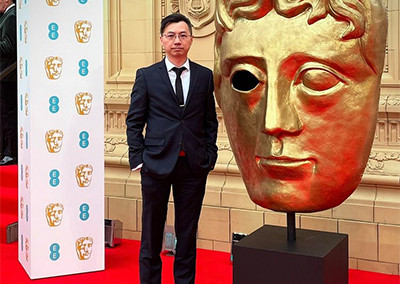
Very briefly I worked as a production assistant for a location library, lighting, sound recordist and grip on set for really low-budget commercial work. Somehow I started getting some low-paid work as a camera operator/editor. That was really helpful because I found quite a few less experienced camera operators did not know how to shoot for the edit and so operating myself gave me better material to cut. Slowly as my editing work improved and I started turning down camera jobs and focused on editing.
What training did you have before entering the industry?
Back before digital cameras were so widely available, the only training I got was at film school which was a one-year intensive filmmaking course where I was taught everything from writing and directing, to filming in 16mm and editing on Avid. It was a very steep learning curve since I had zero experience other than knowing a bit of photography. I thoroughly enjoyed the whole course and it gave me a very good foundation to pursue a career in film.
Why do you enjoy working in the industry?
I absolutely love my job. I love being creative and telling stories in new and exciting ways all the time. It’s always an exciting challenge no matter the size or budget of the production or who you’re working with. Also hearing how much people liked my work give me a lot of satisfaction.
What piece of advice would you offer someone looking to explore a role similar to yours?
For someone starting out who wants to eventually become an editor for TV or film, I highly recommend they try very, very hard to get an entry level job in post production because I feel maybe I gave up too easily back then and subsequently found it very hard getting into TV. I edited indie feature films but I was still not seen as employable for TV or higher budget features, and so eventually I stepped down to be an assistant and climbed my way back to the editing chair. Also by climbing through the traditional route, you will get to meet more people in post, build your network and I believe that is the number one way to have a successful career.
